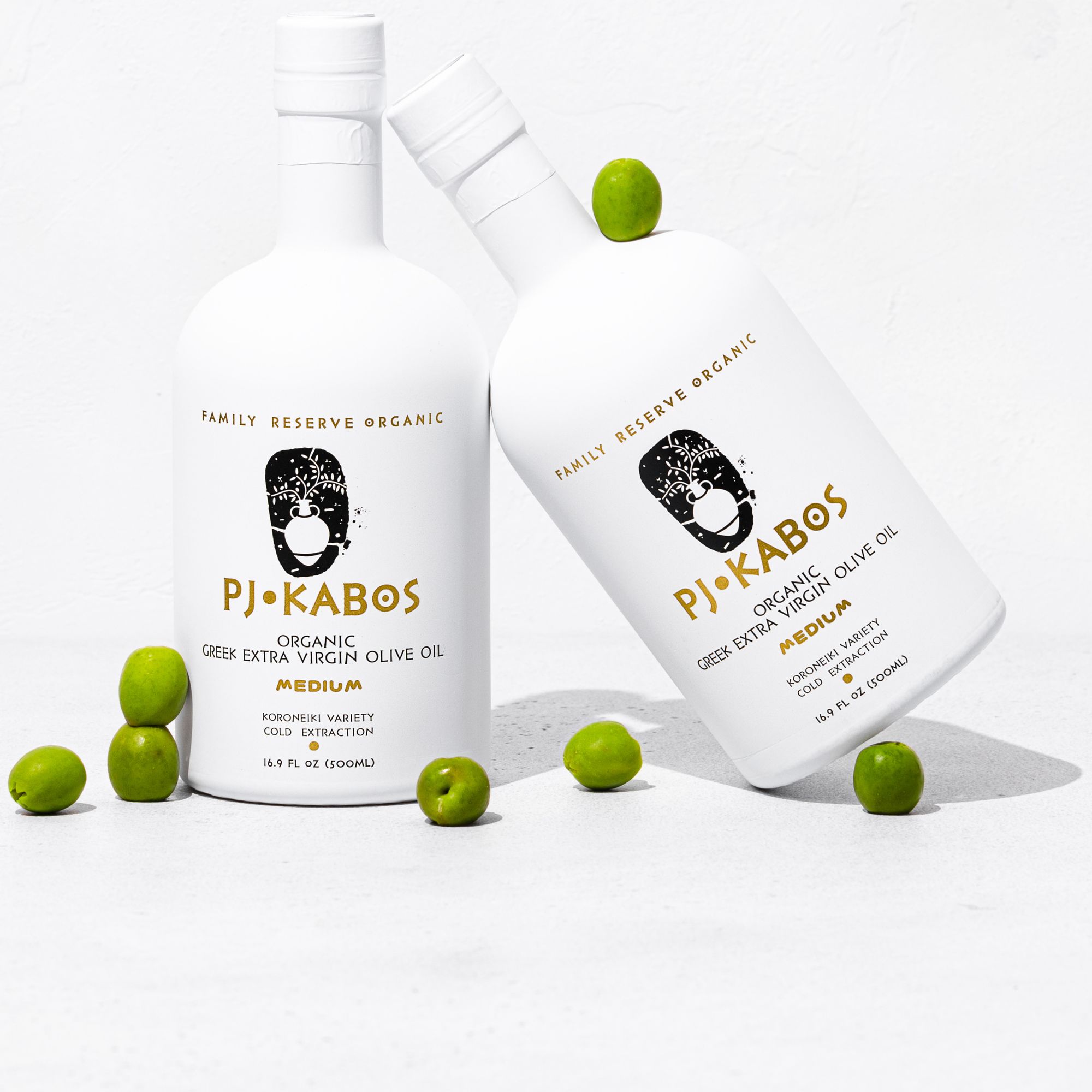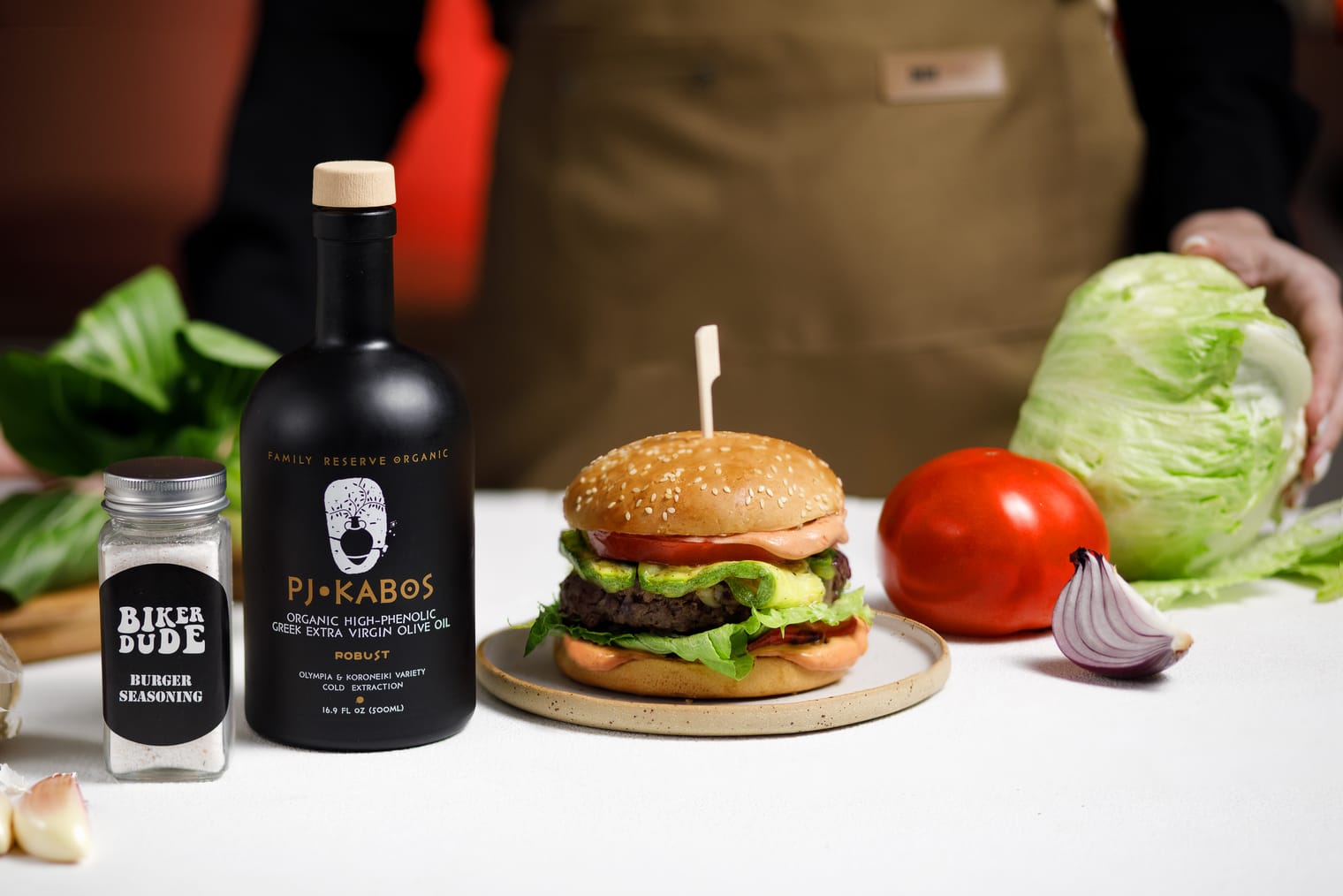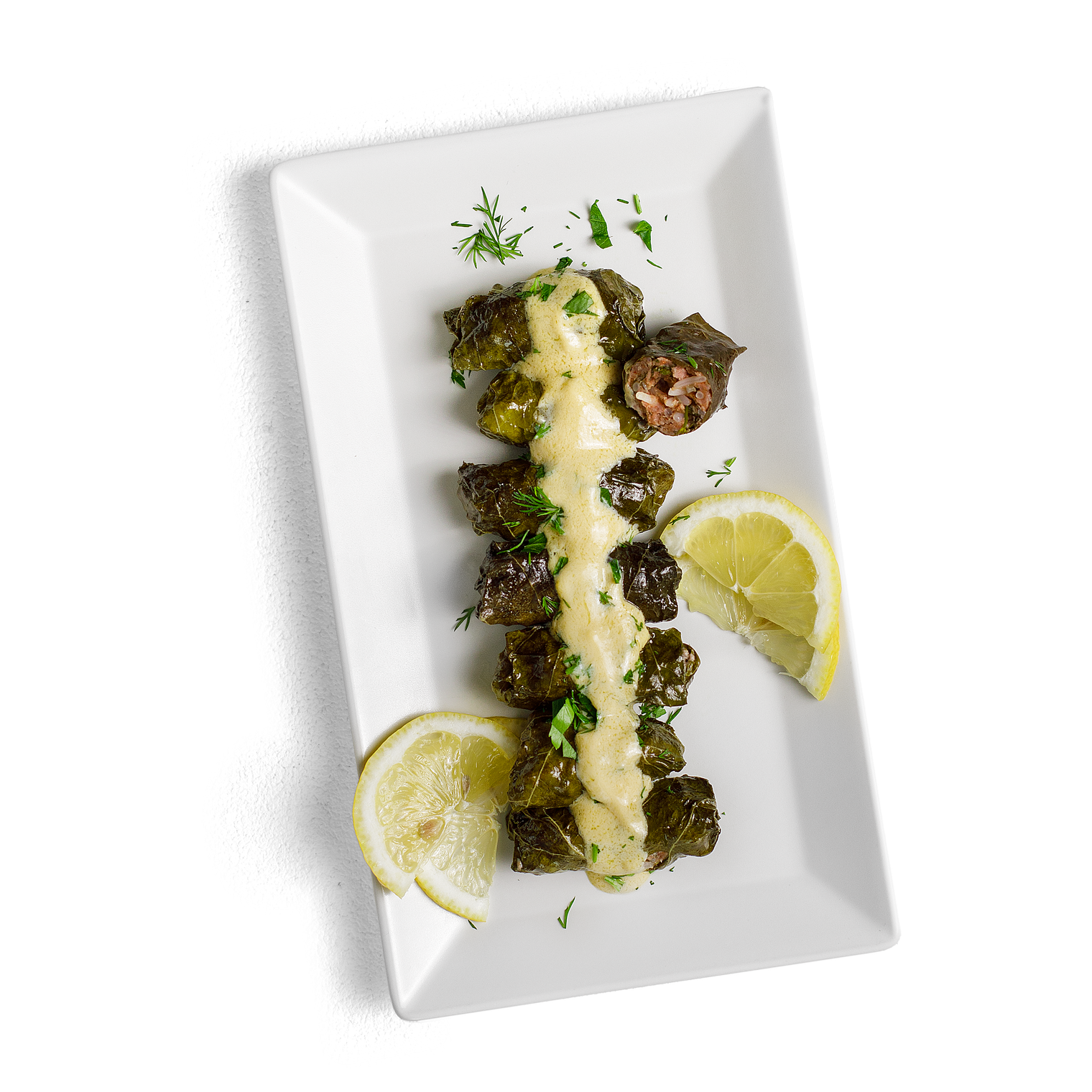Repeat after me: Olive oil does not age like a fine wine! Although olive oil seems like a kitchen staple you could forget about in the back of your pantry for a couple years with no problems (like baking soda or salt), it actually has a much more limited shelf life.
Here, we explain how long you can typically keep olive oil, storage tips for making it last longer, signs olive oil has gone rancid, and the best way to dispose of bad olive oil (hint: you shouldn't pour it down the drain!).
How long does olive oil last?
The shelf life of an olive oil depends on a number of things. Because extra virgin olive oil contains natural antioxidants it is naturally resistant to oxidation. Mild, riper-style olive oils will tend to have a shorter shelf life than more robust oils. Also cloudy, unfiltered "olio nuovo" style oils have a very short shelf life because of the high amount of moisture and particulates in the oil that can result in fermentation over time. As a rule, the better the quality of an oil at production, the longer it will maintain its quality, so if you have a good quality oil that still tastes good at 2-1/2 years or more, don't hesitate to use it; very well-made oils from certain cultivars will be good and usable for three years. Here are some guidelines for the shelf life of different olive oils (keep in mind, this is the shelf life for sealed, unopened bottles stored in a cool, dark place—storage conditions are crucial for quality):
- 18-24 months for regular olive oil
- 12-24 months for extra virgin olive oil
- 3-4 months for cloudy, unfiltered "olio nuovo"
Since you don’t always know exactly when an olive oil was harvested and bottled (unless it lists a harvest date), it’s a good idea to use the best-by date or expiration date as a guide for how long an unopened bottle of olive oil will stay fresh enough for consumption, without developing flaws in flavor and aroma.
However, olive oil has a much shorter shelf life once the bottle is open. When stored in ideal cool and dark conditions, an open bottle of olive oil should be used within 1 to 3 months, because it begins to oxidize once exposed to air. You can possible stretch that a bit longer, but if you do, you’ll want to do a sniff and taste test before using it in recipes. Keep your olive oil in the pantry or a cool dark cabinet to preserve its quality, and never in a warm place like the counter next to the stove or a window.
Pro tip: Consider marking your bottle of olive oil with the date once you open it to make sure you use it up in time. If you’re anything like us, it won’t even last a month! Can't finish fast enough? Your olive oil consumption clearly needs to go up, but maybe opt for a smaller bottle next time.
How can you identify rancid olive oil?
It’s fairly easy to tell if olive oil has gone bad with a sniff and taste test. But first, you need to know what aromatic and flavor qualities set apart a good olive oil from a rancid olive oil.
A fresh, high quality olive oil can range from smooth and buttery to bright and fruity in flavor. You should also notice a peppery kick or subtle burning sensation in the back of your throat after you swallow the olive oil—it might even make you cough! This pungent bite in your throat is from the fresh olive oil’s high polyphenol antioxidant levels. Bitterness in olive oil is NOT a sign of rancidity, it is an indicator of the presence of polyphenols. So if you taste bitterness in your oil, that is a positive characteristic.
Fresh, good quality olive oil may taste or smell like any of the following:
- Fresh-cut grass
- Fruity (green apple, peach)
- Vegetal (tomato leaf)
- Herbaceous (fresh green herbs)
- Floral
- Buttery
- Nutty
- Green olive
- Ripe olive
Stale, rancid olive oil, on the other hand, will usually have a flat quality to it and a distinctly rancid taste. If any of these descriptors come to mind, toss it!
- Stale, rancid nuts
- Elmer’s glue
- Putty
- Crayons
Storage tips to keep olive oil fresher longer
The main enemies of olive oil are light, heat, and air. So you will want to store olive oil in a cool, dark place (like a kitchen cabinet or cupboard away from your oven or stovetop) and keep the cap screwed on nice and tight once it’s been opened to keep it from going rancid prematurely.
You should avoid placing your olive oil near the stove, where it’s exposed to high temperatures and kitchen light. The ideal temperature for storing olive oil is cellar temperature, around 57-63 ºF. Room temperature is okay, the cooler, the better: the higher the storage temperature, the shorter the lifespan of your olive oil.
You can also store olive oil in the fridge to preserve freshness, but refrigerated olive oil will solidify, which makes it a pain to use when you need it. If you live in a particularly hot climate, a more realistic option would be to buy smaller bottles of olive oil that you’ll use up before they have time to spoil.
Also, try to buy olive oil that comes in a dark or opaque glass bottle, a tin or a bag-in-box—all of these will block light better than a clear bottle and help prevent olive oil from oxidizing and going rancid.
What happens if you eat old olive oil?
Eating rancid olive oil isn’t going to make you sick or cause food poisoning. The main issue is that it tastes BAD—even when cooked—and it will mess with the flavor of any recipes you use it in. If your olive oil is only slightly past its best-by or expiration date and you don’t notice any major funky flavors or smells, you can probably get away with using it in certain recipes, but it definitely won’t taste as vibrant and peppery as when you first opened the bottle.
The other issue with using spoiled olive oil is that you don’t get nearly as many health benefits as fresh olive oil. As mentioned above, the older an olive oil is (especially if the bottle has been open), the more oxidation has occurred and the fewer bioactive compounds, including antioxidants, remain in the olive oil.
How to dispose of or repurpose rancid olive oil.
So you bought a giant bottle of olive oil and couldn’t finish it before it developed that rancid, musty funk? Huge bummer. But if you choose to dispose of it, don’t be careless and pour it down the sink drain. This can clog your water pipes. Plus, any fat you dump down the drain contributes to those notorious “fatbergs”—giant globs of cooking fat and debris that clog city sewage pipes and pollute waterways. Gross, right?
Instead, you can pour your spoiled olive oil into an empty can or takeout container, let it solidify in the fridge, then toss it in the garbage on trash day. Many communities have cooking oil recycling programs, so you can send your old oil off to be made into biofuel. Check with your local sanitation department or recycling center.
But you actually don't have to throw away rancid olive oil! There are several ways to consider repurposing it:
- Use it to soften and preserve leather goods (boots, saddles, belts, furniture)
- Use it to condition and polish wooden furniture or cutting boards
- Use it to remove paint from your skin
- Mix it with a little sugar to make a quick DIY scrub for dry, cracked hands
- Use it as a lubricant on tools or on squeaky hinges
Bottom line
Yes, olive oil can go bad. Typically, a good quality olive oil has a shelf life of 24 months when stored in dark, cool conditions. But once olive oil is open, you’ll want to use it up within 30-60 days. To maintain your olive oil’s freshness as long as possible, store it in a cool, dark place such as a kitchen cabinet that’s far away from your oven, and keep that cap on tight! Finally, whenever you’re in doubt, do a sniff and taste test—your senses can pretty easily pick up when olive oil has passed its prime.
Product placement
PJ KABOS 'Family Reserve Organic - Medium'
High Phenolic and 2022 Gold-Award Winner.
Declared as 'One of the World's Best Olive Oils'.
Click here to shop.





